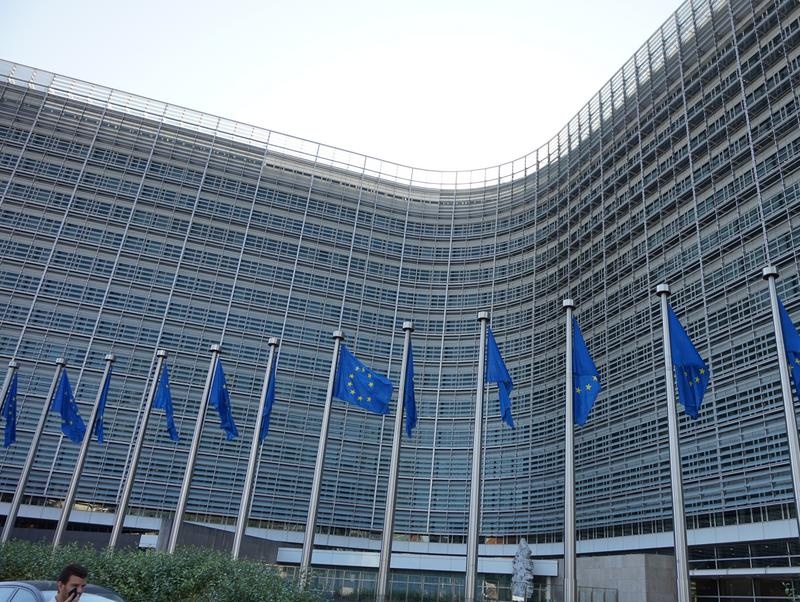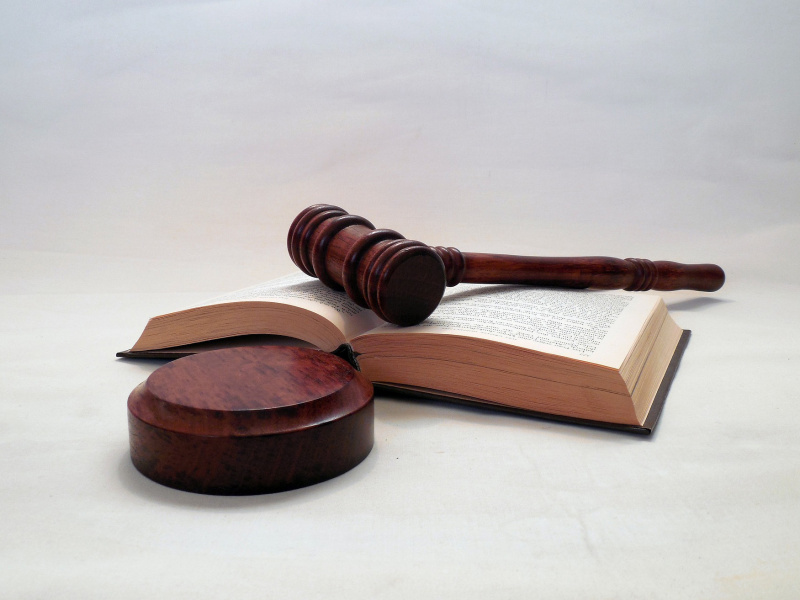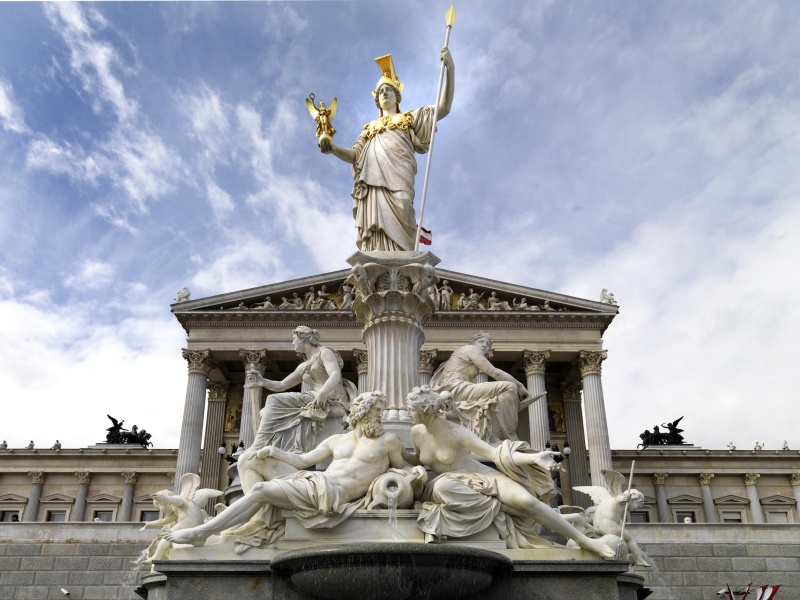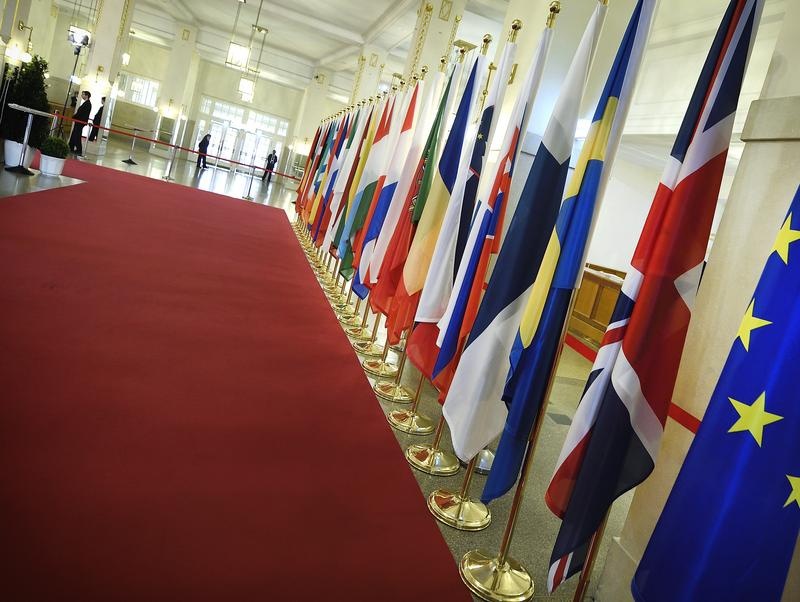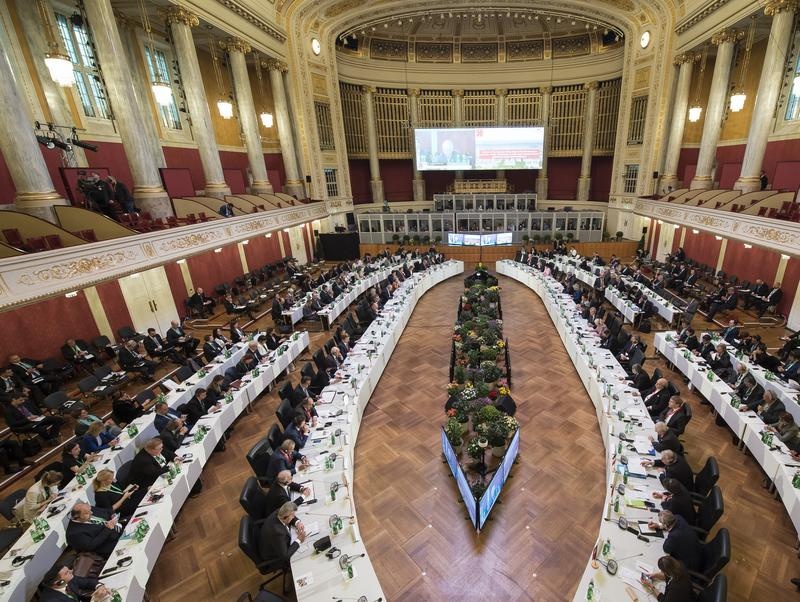The European Union (EU) is the result of a continuous integration process that commenced after the Second World War to ensure peace and prosperity throughout Europe. Today, the EU has 27 member states. When Austria joined the European Union in 1995, it relinquished certain legislative competences to the Union.
However, the Austrian Federal Constitutional Law and the Treaty of Lisbon grant the Austrian Parliament considerable rights to participate in the legislative process of the European Union. Directly elected Austrian Members of the European Parliament contribute to European legislation.
The right of the Austrian Parliament to take an active part in EU legislation is for the most part exercised by the EU Main Committee and the Standing Subcommittee on European Union Affairs of the National Council and by the EU Committee of the Federal Council.
These committees are empowered to instruct government members as to the position to adopt in respect of substantive negotiations at EU level. National parliaments may join forces to raise objections to EU projects within the scope of the subsidiarity control mechanism.
